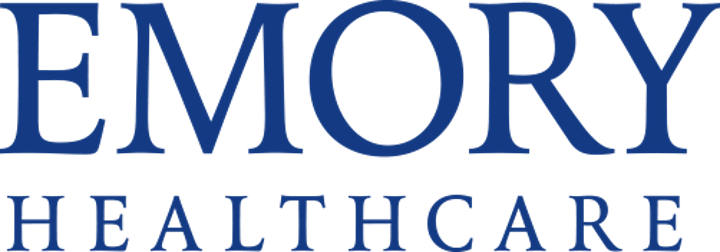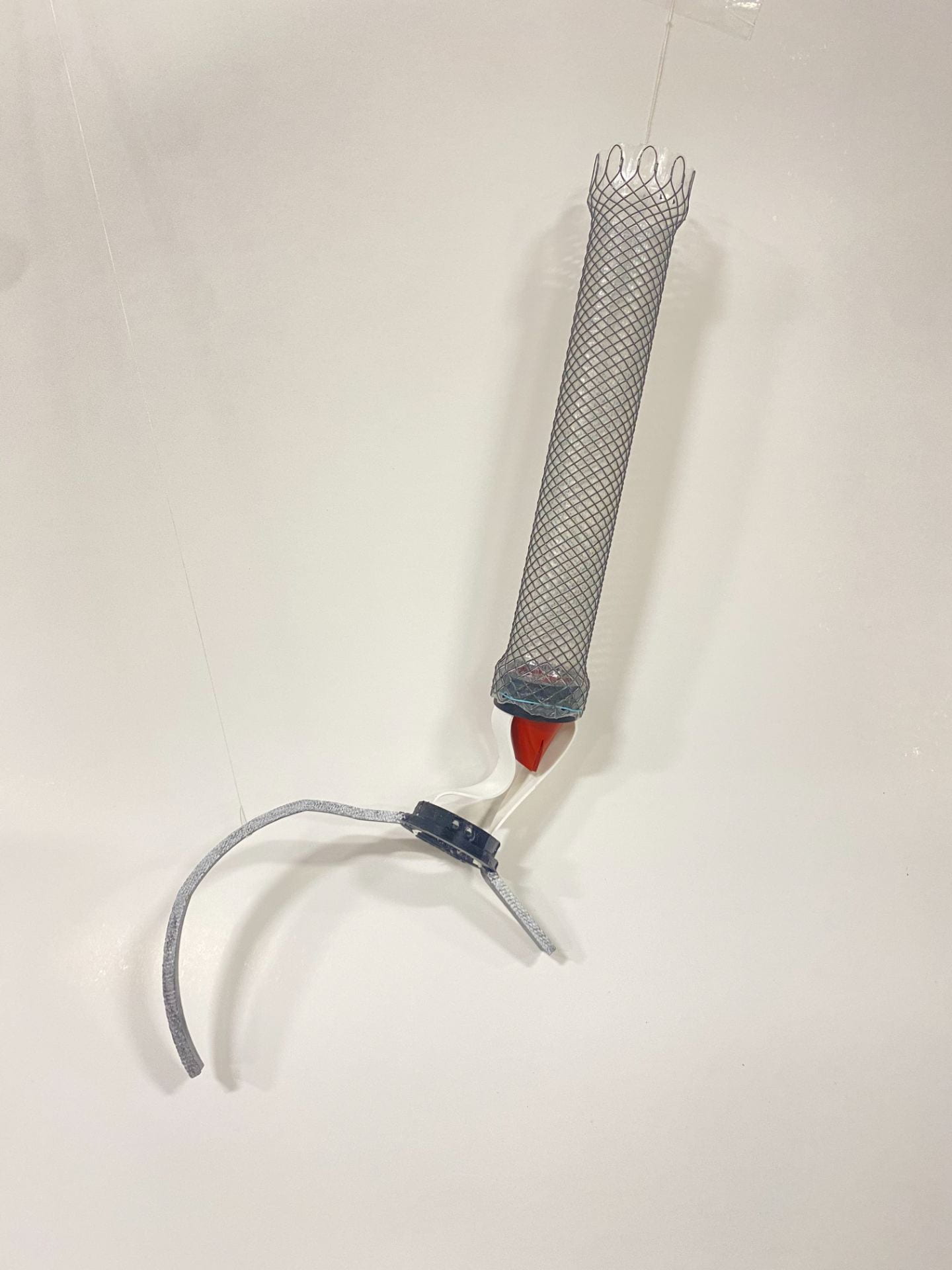Get to know our team on LinkedIN:
Jessica Harris, Taylor Reedy, Tanya Roysam, Tari Santosa, Alexa Valentino
GERDians
GERDGUARD: an endoscopic solution to mitigate reflux in patients with refractory GERD.
GERDGUARD, the GERDians’ solution to a minimally invasive, endoscopic device for the treatment of gastroesophageal reflux disease (GERD). Featuring a novel extension designed to prevent hiatal hernias, a common cause of GERD, associated with 90% of refractory cases. Additionally housing a valve designed to restrict back-flows at typical gastric pressures, and to accommodate emesis by inverting at pressures greater than 110 mmHg. Designed to be attached to esophageal stents deployed about the lower esophageal sphincter, our device aims to reduce the effects of reflux without obstructing normal physiological functions.
Project Description:
Gastroesophageal reflux disease (GERD) occurs when stomach acid flows back into the esophagus. This acid reflux can irritate the lining of your esophagus, causing extreme discomfort, and can eventually lead to a precancerous condition called intestinal metaplasia. There are 20 million American adults managing their GERD with prescription medications like proton pump inhibitors (PPIs), which can cost an individual almost $1,200.00 per year. However, PPIs are ineffective for the 8 million of these patients who have a condition known as refractory GERD, forcing them to turn to a more severe solution, such as a fundoplication surgery or devices like Stretta and LINX. In addition to being very invasive, these solutions also have a number of adverse side effects, including difficulty swallowing and the inability to throw up. Therefore, team GERDians is excited to announce our novel solution to treating GERD: GERDguard. This device is minimally invasive, endoscopically implantable, and consists of two critical components. The first is a unique flexible funnel valve that reduces acid exposure in the esophagus. The second is an anchorage system that effectively maintains the shape of the stomach to prevent hiatal herniation. This is a common cause of GERD and occurs when the fundus of the stomach is pulled upward through the diaphragm. Computational and physical testing informed our device, leading us to a solution that can restrict herniation at forces of up to 20 N, and a valve that restricts backflow at pressures equal to or less than resting gastric pressure, while allowing for emesis by inverting flow direction at pressures greater than 110 mmHg. Compared to pre-existing solutions, GERDguard is less invasive, both in its installation and effect on typical physiological functions, more convenient, and targets GERD at its source.



